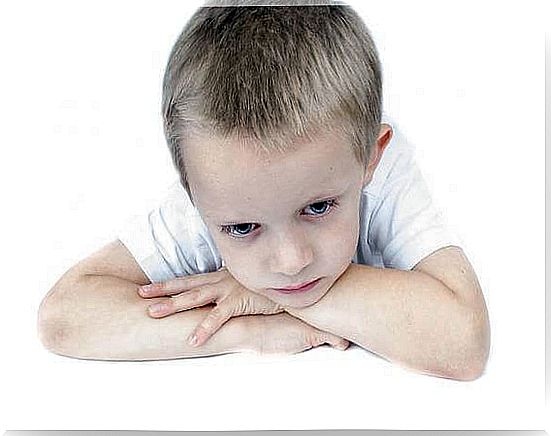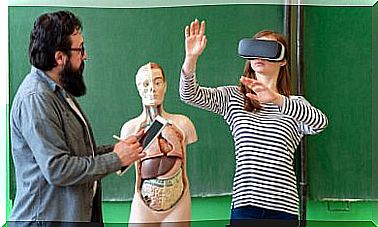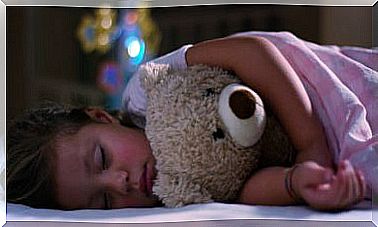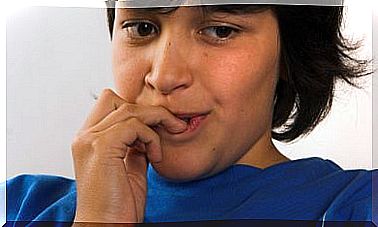What Is Autism?

It is a complex neurological disorder, the symptoms of which appear in childhood and can be suffered throughout life. Autism, or autism spectrum disorder (ASD), is a condition that affects the ability to communicate and relate to other people, which also influences the child’s learning and adjustment process.
The symptoms of this neurological condition can range from mild to very severe and be very varied. But, in general, those who suffer from this disorder may have problems talking to you, they may also not look you in the eye when you talk to them, they may have very limited interests and repetitive behaviors that include spending a lot of time ordering objects and repeating a phrase almost incessantly.
These types of people “seem to be in their own world”; That is why it is common for the parents of a child with autism to realize in the first instance that something is wrong with their child. This is because they notice unusual behavior and also realize that they are unable to adequately reach milestones in child development.
There are parents who explain that since their son was born they noticed that he was different, while others affirm that their son was developing normally, but that later he was losing his skills. It is very important to be aware of your child’s developmental signs and seek help if you have concerns about the baby’s development.
Causes of autism in children

Until now the causes that produce this complex neurological disorder are not known, however it is possible that the genetic and environmental factor influence this disease.
Some scientists have discovered that certain genes are linked to the development of autism. There are also studies done on people with autism that show irregularities in various areas of the brain.
So far it is known that this disorder can occur in people of any race, culture or socioeconomic level, however the incidence in males is four times higher than in females. There are statistics that reveal that worldwide 5 out of every 10,000 people suffer from classic autism.
Symptoms that can help with diagnosis
Early indicators:
- The child does not babble any words at one year of age
- Does not point to any object until 12 months
- Does not respond to his name
- Does not speak words until 16 months, or phrases of two or more words until approximately two years
- Doesn’t make proper eye contact
- Overly aligns toys or other objects
- Does not smile or show social receptivity
Late indicators:
- Has no interest in making friends
- You are unable to start or carry on a conversation
- He is unimaginative when it comes to playing
- Use repetitive language
- Has routines and any attempt to modify them generates great anguish
- Shows excessive attachment to certain objects

A timely diagnosis guarantees timely care
As in most cases in which health is at stake, a timely diagnosis affects the early care of the child, who can benefit from the wide variety of existing therapies and an appropriate educational environment. If these types of therapies are applied for at least two years during preschool, they can lead to significant improvements for many children.
Most therapies focus on developing communication, socialization, and cognitive skills. Many of them turn out to be very positive; And although until now there are no 100% effective treatments, the appropriate educational environment helps to improve symptoms, so it is essential that the child’s parents take the child to therapy as soon as possible.
Autism spectrum disorders, which include what was known as Asperger syndrome and pervasive developmental disorder unspecified, can be formally diagnosed as early as 3 years of age, however, there is research that is pushing the age of diagnosis back at 6 months old.
If you suspect that your child may have this disorder, the ideal is to undergo a comprehensive evaluation in which a psychologist, neurologist, psychiatrist and speech therapist participate, among other specialists trained to diagnose children with autism.
The diagnostic process also includes a parent questionnaire that seeks to gather as much information as possible about the child’s behavior and development. It is vital that parents who suspect that their child has autism see a specialist or their pediatrician as soon as possible, because the best thing they can do for their child is to diagnose the disorder early in order to help the child.









